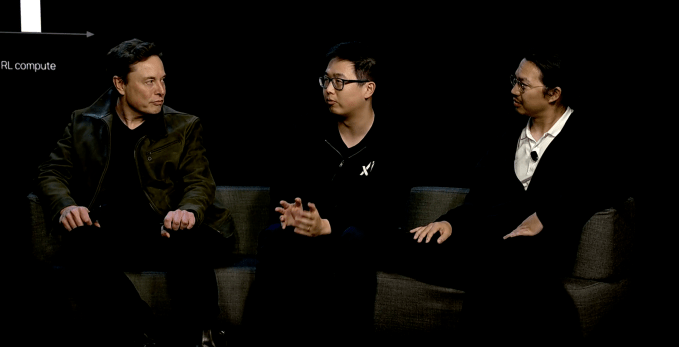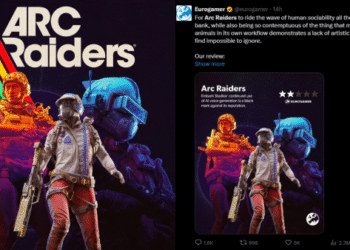Select Language:
Elon Musk’s artificial intelligence venture, xAI, captured attention on Wednesday with the unveiling of its newest AI model, Grok 4, along with a premium subscription called SuperGrok Heavy, which costs $300 per month.
Grok is xAI’s response to established AI systems like OpenAI’s ChatGPT and Google’s Gemini. It features improved capabilities, including the ability to analyze images and address a wide array of inquiries.
However, despite being integrated into Musk’s social media platform, X, Grok has faced criticism due to some controversial comments, prompting xAI to restrict certain functionalities of the chatbot.
The arrival of Grok 4 has generated high expectations for its performance, especially with OpenAI’s GPT-5 on the horizon.
Musk claims that Grok 4 exhibits academic prowess that surpasses “PhD level in every subject,” although he admits that the model hasn’t yet achieved significant advancements in areas like technology and physics.
This launch comes on the heels of a turbulent week for Musk’s companies, highlighted by the resignation of X’s CEO Linda Yaccarino. The debut of Grok has shifted focus to its features, eclipsing previous critiques of the AI’s online interactions.
Musk was present alongside xAI’s leadership at the launch event.
Grok 4 has impressively aced several academic performance tests, exceeding the capabilities of both Google’s Gemini and OpenAI’s o3, showcasing its potential for research and development applications.
In addition to Grok 4, xAI also introduced Grok 4 Heavy, a more advanced variant aimed at boosting performance.
The new subscription, SuperGrok Heavy, grants exclusive access to this upgraded model, with promises of future releases that may include an AI coding platform and video generation tools.
However, xAI’s steep pricing coupled with Grok’s recent controversies could hinder its ability to establish itself as a formidable contender in the AI market.
With ambitions to venture into enterprise solutions, xAI seeks to secure a place in the business landscape, although past issues may complicate broader acceptance of its technologies.






